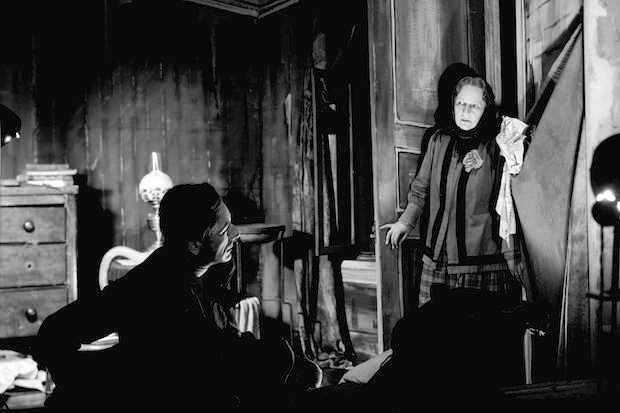Subscribers to this periodical, while Mark Amory has been literary editor, must often have felt they were enjoying an incomparable feast. Even The Spectator at its best, however, could not quite rival the periodical the Russian Herald (Russkii Vestnik) under the editorship of M.N. Katkov. This phenomenal editor, in the year 1866, secured serial publication of the two giants of Russian fiction. Tolstoy had been slow in giving Katkov enough material for continuous serial publication of War and Peace. To fill the gap, Katkov enlisted Dostoevsky. Readers could enjoy episodes from War and Peace in the spring numbers of the magazine. Then in May, they could start Crime and Punishment.
Tolstoy and Dostoevsky, who never met (Tolstoy refused a meeting), had parallel and deeply contrasting visions and careers. Tolstoy paints a huge canvas which appears to be more objectively real than reality itself. Dostoevsky, instinctively distrustful of any attempt to portray a thing-in-itself, is the ultimate subjectivist.

Get Britain's best politics newsletters
Register to get The Spectator's insight and opinion straight to your inbox. You can then read two free articles each week.
Already a subscriber? Log in







Comments
Join the debate for just $5 for 3 months
Be part of the conversation with other Spectator readers by getting your first three months for $5.
UNLOCK ACCESS Just $5 for 3 monthsAlready a subscriber? Log in